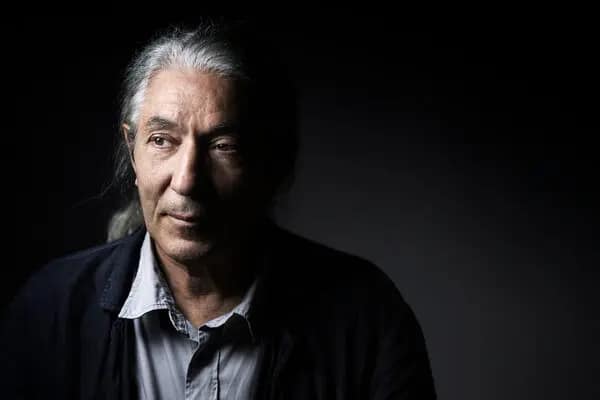Ecrivain Algérien Boualem Sansal Granted Presidential Pardon
Franco-Algerian author Boualem Sansal has been officially pardoned by Algerian President Abdelmadjid Tebboune, ending nearly a year in prison. The announcement, made on November 12, 2025, followed diplomatic efforts from both France and Germany and growing concern about Sansal’s health.
French President Emmanuel Macron said he spoke directly with Sansal after his release and thanked President Tebboune for his humanitarian decision. Macron also acknowledged German President Frank-Walter Steinmeier, who had publicly called for Sansal’s pardon on health grounds.
Why Boualem Sansal Was Arrested and Sentenced
Sansal, 76, was arrested in November 2024 when he arrived in Algiers and later sentenced to five years in prison for allegedly “undermining the integrity of Algerian territory.” The case was tied to his public criticism of the Algerian government and comments interpreted by authorities as encouraging hostility toward the state.
International organizations, writers, and diplomats condemned his detention as a violation of freedom of speech in Algeria. Germany, where Sansal’s work is celebrated, repeatedly petitioned for his release so he could receive medical care abroad.
Macron’s Role in Boualem Sansal’s Pardon
Sansal’s imprisonment had become a symbol of tension between France and Algeria, two nations with historically complex ties. Macron’s administration advocated for his release through diplomatic channels rather than public pressure, emphasizing dialogue “based on respect and calm.”
The pardon marks a diplomatic success for all sides:
-
France and Germany can credit their coordinated negotiations.
-
Algeria presents the decision as a humanitarian act rather than foreign interference.
-
Sansal gains both freedom and access to medical care in Germany.
Macron described the decision as “a result of mutual understanding and steady diplomacy” and said France remains committed to working with Algeria on issues such as energy, migration, and cultural exchange.
What Boualem Sansal’s Pardon Means for Freedom of Expression
The release is significant beyond Sansal’s individual case. For many observers, it represents a step forward for freedom of expression in North Africa, even if the broader environment for journalists and writers in Algeria remains restricted.
-
For Boualem Sansal: His health concerns will now be addressed, and he can resume his writing and advocacy.
-
For Algeria: The pardon helps ease international scrutiny and strengthens diplomatic relations with Europe.
-
For France and Germany: The case showcases the success of quiet, coordinated diplomacy.
-
For human-rights advocates: It serves as a reminder that cultural diplomacy can bring real results.
What Comes Next for Boualem Sansal and Algeria
Observers will watch whether Sansal’s release signals a broader change in Algeria’s treatment of intellectuals and critics. French and German officials hope this moment of goodwill will lead to stronger cooperation and improved relations after years of political tension.
For now, Boualem Sansal’s freedom stands as both a humanitarian victory and a sign that persistence in diplomacy can yield progress on even the most sensitive international issues.


